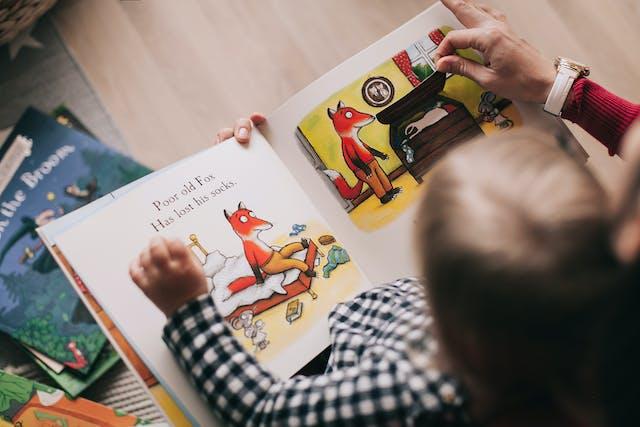
When schools closed and remote learning became the new normal, many parents were left unsure of how to help their kids. At first, the idea of learning from home may have seemed like a break from early morning routines and school buses. But over time, you might have noticed your child struggling with motivation, feeling lonely, or becoming more anxious. It’s hard to watch your child feel overwhelmed, especially when you’re trying to manage your own work and responsibilities at the same time.
If you’re worried about how remote learning may be affecting your child’s mental health, you’re not alone. Many parents have the same concerns. But the good news is that there are ways you can support your child emotionally and help them adjust to this new way of learning.
Online Elementary Schools in Arizona: Supporting the Right Environment
If you’re living in a state like Arizona, you may be looking for programs that combine strong academics with emotional support. Many online elementary schools in Arizona offer more than just lessons—they provide structure, community, and teacher interaction that can really help your child feel more connected. The right school can make a big difference in how your child feels about learning and school in general.
By choosing a school that fits your child’s needs, you give them the chance to thrive even in a remote setting. Look for programs like Virtual Prep Academy that offer regular check-ins, encourage social interaction, and have resources for mental wellness. These features are just as important as math and reading when it comes to your child’s overall success.
Keep a Daily Routine to Help Reduce Anxiety
One of the biggest changes for kids in remote learning is the loss of routine. Waking up late, staying in pajamas all day, or skipping meals can all affect your child’s mood and energy. A consistent schedule gives your child a sense of order and control, which helps reduce feelings of anxiety.
Try setting regular times for waking up, getting dressed, eating meals, doing schoolwork, and taking breaks. It’s not about being perfect every day, but having a general routine gives your child a rhythm to depend on. When your child knows what to expect, they often feel calmer and more focused.
Create a Space That Supports Learning and Emotions
Even if you don’t have a separate room for schoolwork, you can still set up a small area where your child feels safe and focused. It could be a quiet corner of the living room or a desk in their bedroom. What matters is that this space is free from distractions and makes your child feel comfortable.
Personalizing the space with their artwork, school supplies, or a favorite stuffed toy can help make the area feel more welcoming. When your child feels good in their learning space, it’s easier for them to focus and enjoy what they’re doing.
Talk to Your Child About How They’re Feeling
Children don’t always know how to explain their feelings. They might act out, cry more easily, or seem angry for no clear reason. That’s why it’s important to check in with your child regularly and ask open-ended questions.
You don’t need to fix everything—just listening helps. Let your child know it’s okay to feel frustrated or sad, and that you’re there for them. These small moments of connection remind your child that they’re not alone, even when school looks very different than it used to.










